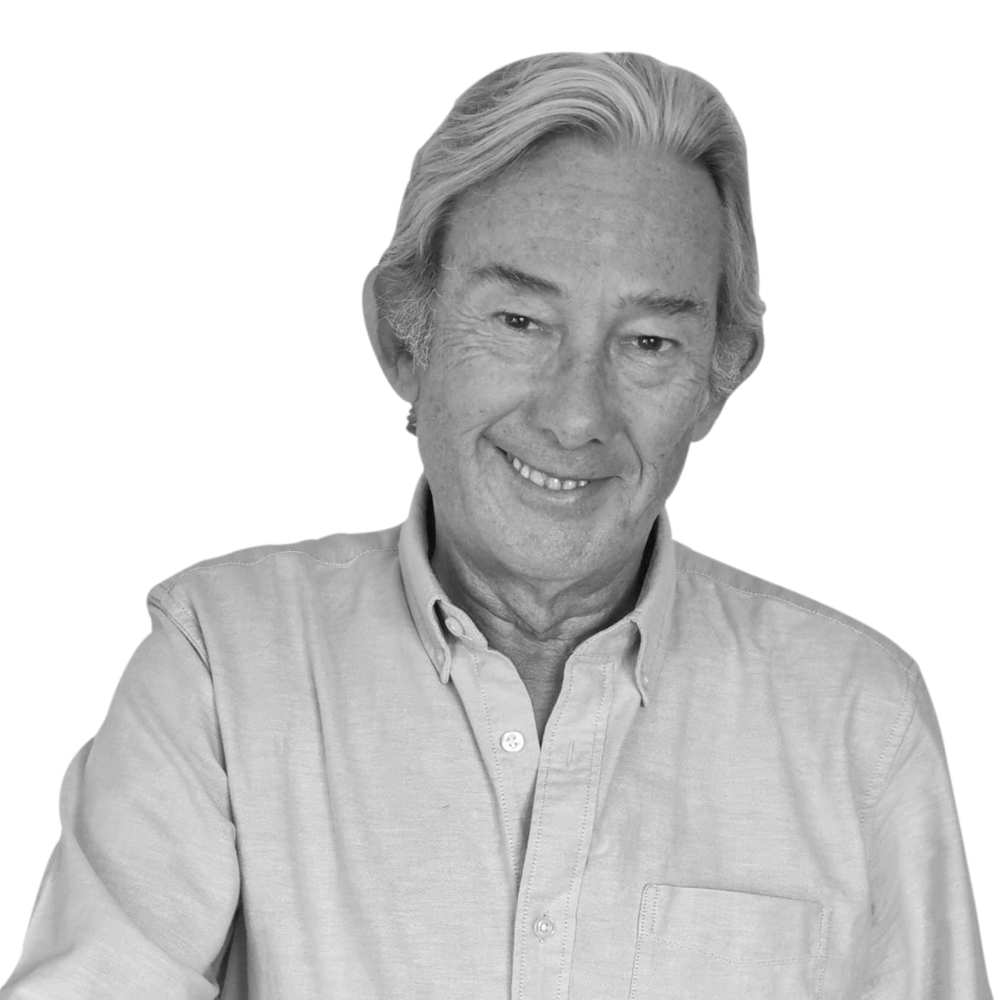From Thatcher to Trump: the hidden history


Margaret Thatcher was born on October 13, 1925. A century has just passed since her birth. The Iron Lady (a nickname given to her by the Soviets when she was still in opposition) was a pioneer in many ways. She was the first woman in Downing Street and the first proponent of neoliberalism in an industrialized country, for example. But not only that: she was aware of the usefulness of what later became known as the "Overton Window," a concept that hadn't even occurred to the American Joseph Overton, still a teenager. Today, the "Overton Window" refers to the range of ideas acceptable to the public. If one wants to undertake a conservative revolution, as in Thatcher's case, it's necessary to shift the window to the right and make political measures, previously unthinkable, mainstream, or at least open to debate. For Joseph Overton (1960-2003), this task fell to ideological think tanks. Even before coming to power in the United Kingdom, Thatcher understood that the real power lay with the mainstream media. And she didn't have them. The BBC, the public broadcaster, was not in favor of neoliberalism. Neither was the traditional conservative press, such as "The Times" or "The Daily Telegraph," aligned with classic right-wing politics. The popular press, with the "Daily Mirror" at the forefront, defended Labour positions, with one exception: "The Sun," a left-wing tabloid acquired in 1969 by the Australian Rupert Murdoch, underwent a complete about-face in 1975 and became the main supporter of Thatcher's ideas, precisely in 1975 when she was elected leader of the Conservative Party. But Thatcher and Murdoch wanted more. They both wanted "The Times" and "The Sunday Times," the most influential newspapers of the time. They were owned by a Canadian group, Thompson Corporation, which in 1978 had ordered a lockout to subdue the unions, opposed to the technological restructuring proposed by the owners. Both newspapers were off the streets for a year. Thompson Corporation lost 30 million pounds in the struggle and, after this financial drain, decided to divest itself of the two "Times."
In 1980, after a year as Prime Minister, Margaret Thatcher seemed like a fleeting phenomenon. Polls showed her approval ratings plummeting, and her privatization rhetoric provoked widespread rejection. Despite her phonetics and diction lessons (Thatcher's natural voice was very unpleasant), despite her new teeth, despite her hairstyles, she continued to inspire antipathy. And her Australian ally reappeared. Thatcher and Murdoch met secretly (they publicly denied having met) to arrange the purchase of The Times without going through the Mergers and Monopolies Commission, which would have rejected the deal. Murdoch acquired both newspapers, which from then on (despite another strike and the dismissal of 5,000 employees) "normalized" ideas such as the privatization of the National Health Service (NHS) and the railways: the Overton Window was beginning to shift. The victory in the Falklands War propelled Thatcher to the height of her popularity. Thatcher's eventual victory in the miners' strike (between March 1984 and March 1985) decisively weakened the unions. But the BBC's objective reporting continued to irritate the Iron Lady.
Finally, in 1988, Rupert Murdoch announced the creation of the first private 24-hour news channel, Sky News, in direct competition with the BBC. Thatcher had succeeded. The British "Overton Window" was firmly planted on the right. Not quite enough to make the poll tax acceptable—a local flat tax (exorbitant for the poor, a pittance for the rich) that ultimately led to the Prime Minister's downfall in November 1990—but enough to pass someone like Tony Blair off as a left-wing leader.
Sky News was the model that Rupert Murdoch later followed to create Fox News (1996), the news network that displaced the famous Overton Window in the United States and, in time, propelled Donald Trump's political career.
